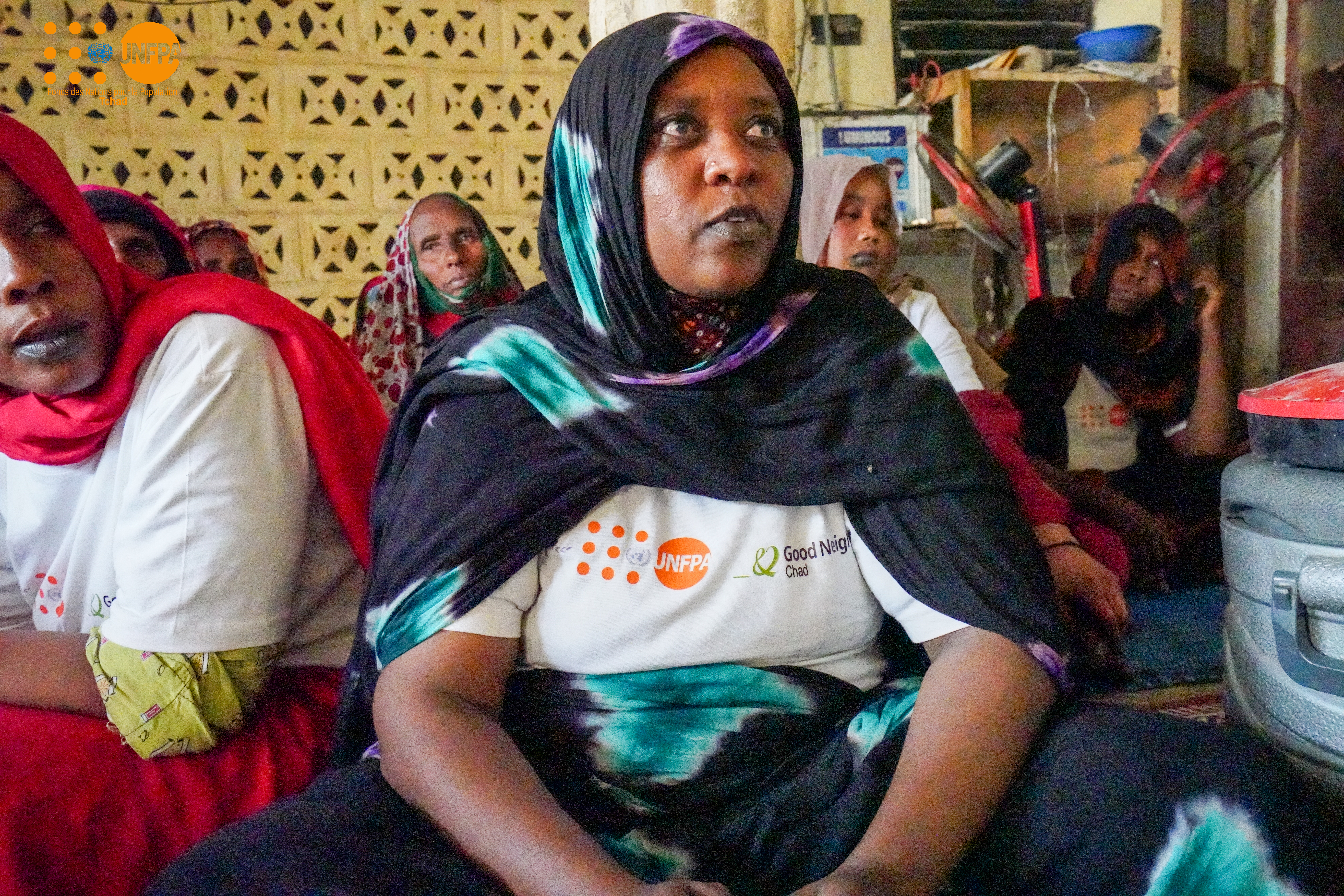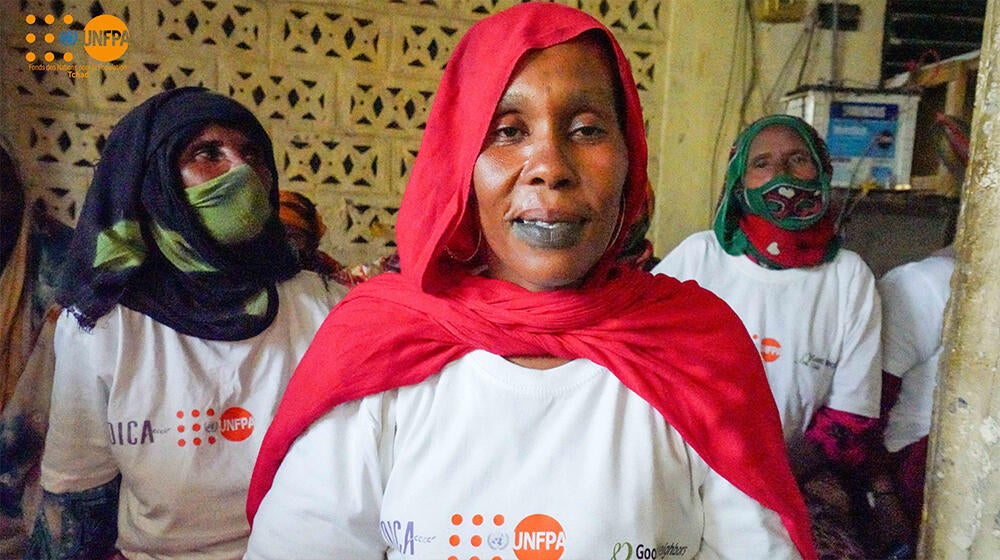In Bagasola, Lake Chad province, women united for resilience and empowerment!
For the past decade, the Lake Chad province has been confronted with security crises combined with climatic hazards, exposing the population to extreme poverty, particularly the women living in the area. UNFPA Chad, with financial support from KOICA, is implementing activities to strengthen the resilience and empowerment of these women. These activities promote gender equality, improve maternal and reproductive health, reduce poverty and foster sustainable development.
In Baga ola, in the same province, women are trying to bring about change by forming groups and unions. These groups have received support from UNFPA Chad as part of the KOICA-funded project "Strengthening resilience and transforming the lives of women and young people in humanitarian provinces at high risk of conflict in Chad", which aims to strengthen women's economic autonomy. Working in partnership with Good Neighbors Chad, UNFPA Chad has built the capacity of members of these women's groups to develop income-generating activities.
Joining forces for synergistic action
Women's groups play an essential role in empowering women, promoting their access to decision-making and creating opportunities for more equitable and sustainable development.
A total of 14 groups, with a total of 350 members, were the first to receive this training at Lake Chad Province. One year on from the training, the women members of the various groups are positively appreciating KOICA's support.
Kingi Afono is president of the ISTAFACNA (means we understand each other’) group:
Before, the women of Baga Sola didn't get together, and we had so many socio-economic problems. Faced with so many of life's difficulties, each of us had to fight alone to solve them. But since we decided to get together to support each other, things are going from strength to strength. With the training we received from UNFPA Chad and Good Neighbors Chad, we have become more united and we aspire to real change in our lives".

For Hawa Hamit, president of the "Chifini Adil", the women used to do nothing but work in the fields, but with the security crisis in the area almost 10 years ago, they have abandoned everything.
We've become so vulnerable, but thanks to the training we received from the KOICA-funded project on the development of income-generating activities, we're gradually getting back on our feet. The training was very practical, with concrete examples that were closer to our realities, and that helped us a lot".
It is crucial to strengthen women's economic empowerment by supporting their income-generating activities. As a reminder, the UNFPA Chad office began the implementation of the project from end of 2021 as "Building community resilience and transforming lives of women and youth in humanitarian and conflict high-risked Provinces in Chad" that is being funded by the Korea International Cooperation Agency (KOICA) to develop community resilience and empowerment of women and youth in the provinces of Lake Chad, Moyen Charim and Logone Oriental provinces where have been affected by violent extremism.
Thanks to the many testimonials received from the women, we can confirm that the implementation of the activities financially supported by KOICA has improved the lives of these women, who had been suffering from the combined effects of climatic hazards and the security crisis. UNFPA Chad is convinced that this support will enable these women and girls to realize their full potential and contribute actively to the development of their communities.


